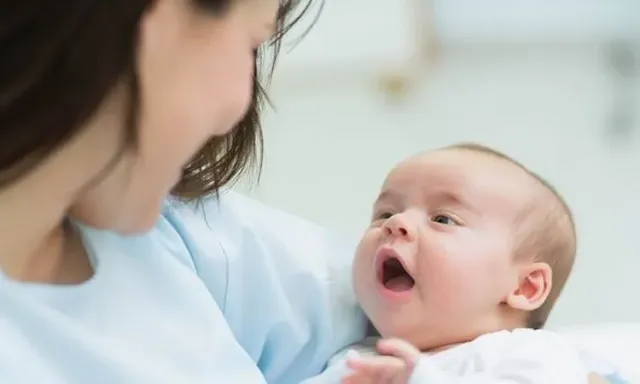In a landmark judgment, the Chhattisgarh High Court has ruled that women employees who adopt children are entitled to childcare or child adoption leave, recognizing it as a fundamental right under Article 21 of the Constitution. This decision underscores the principle that the right to life encompasses the right to motherhood, irrespective of whether the child is born biologically, through surrogacy, or adoption.
The case centered around a petitioner employed as an Assistant Administrative Officer at the Indian Institute of Management (IIM), Raipur. On November 20, 2023, she and her husband adopted a two-day-old infant girl. Following the adoption, she applied for 180 days of child adoption leave, aligning with the provisions of the Central Civil Services (Leave) Rules, 1972. However, the institute denied her request, citing its HR policy, which lacked provisions for child adoption leave. Instead, she was granted 60 days of commuted leave, applicable only to female staff with fewer than two living children who adopt a child under one year old.
The petitioner contended that in the absence of specific provisions in the institute's HR policy, the Central Government Rules should apply. She argued that under these rules, she was entitled to 180 days of child adoption leave. Despite her repeated representations, the institute did not revise its decision. Consequently, she approached the State Women Commission, which recommended granting her the full leave as per the Central Civil Services Rules. When this recommendation was not implemented, she filed a writ petition before the Chhattisgarh High Court.
Justice Bibhu Datta Guru, presiding over the case, emphasized that motherhood is not confined to biological connections. He stated that there should be no discrimination between natural, biological, surrogate, or adoptive mothers regarding maternity benefits. The court held that all mothers have a fundamental right to life and motherhood under Article 21 of the Constitution. Furthermore, children born through adoption or surrogacy have the right to life, care, protection, love, affection, and development through their mothers. Therefore, adoptive mothers are entitled to maternity leave to fulfill these responsibilities.
The court's decision aligns with the broader interpretation of Article 21, which guarantees the right to life and personal liberty. By recognizing child adoption leave as a fundamental right, the court has affirmed that the state has an obligation to support all forms of motherhood, ensuring that mothers can provide necessary care and attention to their children, regardless of how they become mothers.
This judgment sets a significant precedent, highlighting the need for institutions to align their HR policies with constitutional mandates and central government rules. It reinforces the principle that the welfare of the child and the rights of the mother are paramount, and administrative policies must facilitate, not hinder, the fulfillment of these rights.
In conclusion, the Chhattisgarh High Court's ruling is a progressive step towards inclusive and equitable recognition of motherhood. It ensures that adoptive mothers receive the same support and benefits as biological mothers, enabling them to provide the necessary care and nurturing to their children, which is essential for the child's development and well-being.










0 Comments
Thank you for your response. It will help us to improve in the future.